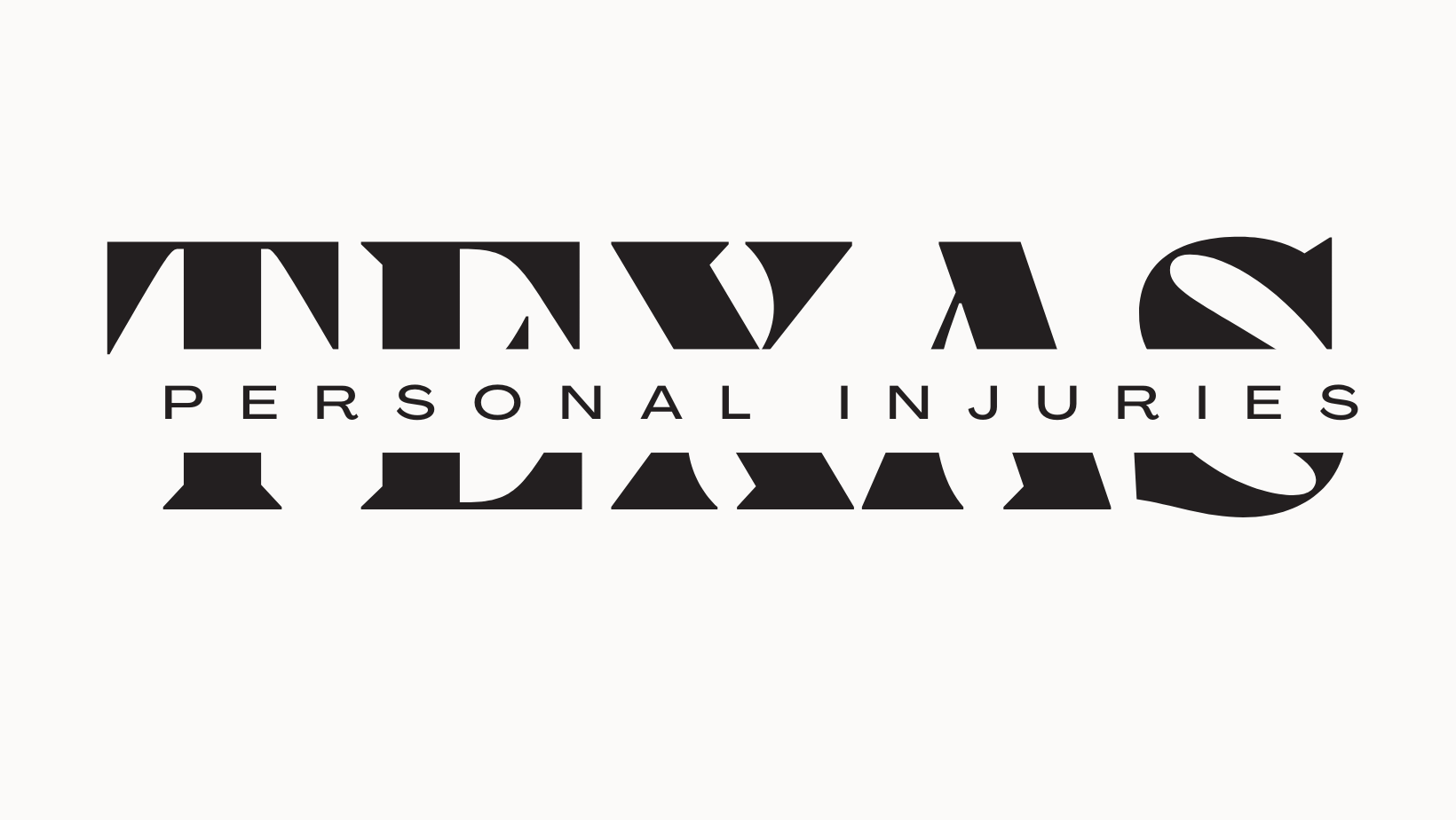Insurance companies play a significant role in the aftermath of a personal injury incident, as they are often responsible for compensating injured parties for their losses. However, navigating the complexities of dealing with insurance companies can be challenging, and understanding their role is crucial for anyone involved in a personal injury claim. In this article, we’ll explore the role of insurance companies in personal injury claims, their obligations to policyholders and claimants, common tactics used by insurance adjusters, and tips for maximizing your compensation.
The Role of Insurance Companies: Insurance companies provide financial protection to individuals and businesses by offering various types of insurance coverage, including auto insurance, homeowner’s insurance, and liability insurance. When an insured individual is involved in an accident or incident resulting in personal injury, they typically file a claim with their insurance company to seek compensation for their losses. The insurance company then investigates the claim, assesses liability, and determines the appropriate amount of compensation to offer.
Obligations to Policyholders and Claimants: Insurance companies have a duty to act in good faith and deal fairly with both their policyholders and claimants. This includes promptly investigating claims, communicating openly and honestly, and making reasonable efforts to settle claims in a timely manner. However, insurance companies are also profit-driven businesses, and their primary goal is to minimize their financial liability and protect their bottom line. As a result, they may employ various tactics to mitigate the amount of compensation they pay out, which can sometimes put them at odds with the interests of policyholders and claimants.
Common Tactics Used by Insurance Adjusters: Insurance adjusters are employed by insurance companies to investigate and evaluate claims. While some adjusters may handle claims fairly and professionally, others may employ tactics designed to minimize the value of a claim or deny it altogether. Common tactics used by insurance adjusters include:
Lowball Offers: Offering a settlement amount that is significantly lower than the true value of the claim, hoping that the claimant will accept it out of desperation or ignorance of their rights.
Delaying Tactics: Dragging out the claims process by requesting unnecessary documentation, scheduling multiple rounds of inspections or interviews, or simply delaying communication with the claimant in the hopes that they will give up or accept a lower settlement.
Disputing Liability: Challenging the claimant’s version of events or disputing liability altogether, even in cases where liability is clear-cut, in an attempt to avoid paying compensation.
Downplaying Injuries: Questioning the severity of the claimant’s injuries or suggesting that they are exaggerating their symptoms in order to reduce the amount of compensation owed.
Tips for Maximizing Your Compensation: Dealing with insurance companies can be intimidating, but there are steps you can take to protect your rights and maximize your compensation:
Document Everything: Keep detailed records of the accident, including photos, witness statements, medical bills, and other relevant documentation.
Don’t Accept the First Offer: Insurance companies often make lowball settlement offers in the hopes of settling the claim quickly and cheaply. Don’t accept the first offer without consulting with a personal injury attorney.
Know Your Rights: Familiarize yourself with your rights under your insurance policy and state laws governing personal injury claims.
Seek Legal Advice: Consider consulting with a qualified personal injury attorney who can advocate on your behalf, negotiate with the insurance company, and ensure that you receive fair compensation for your injuries and losses.




Leave a Reply